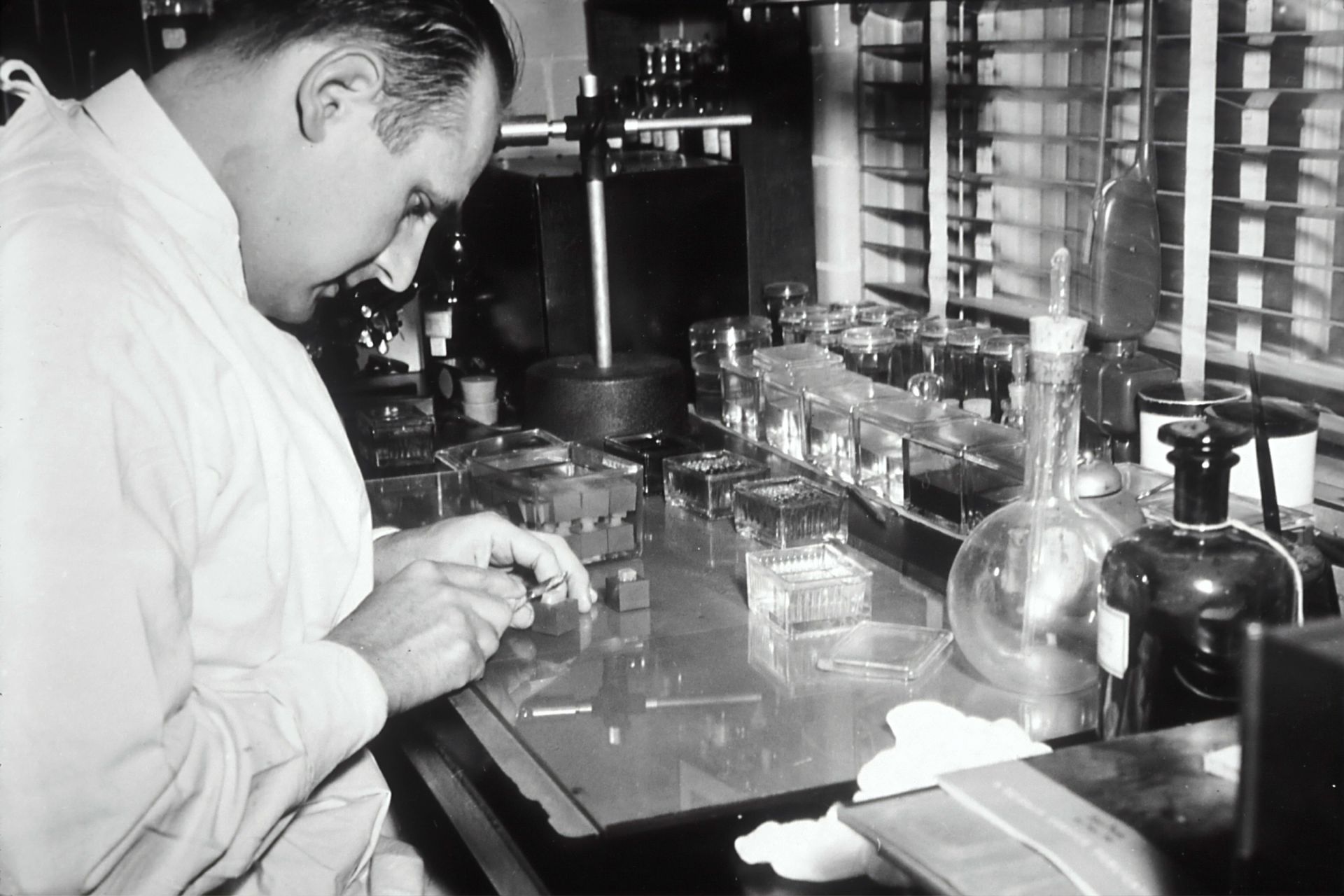The familiar legal adage “Hard cases make bad law” dates back at least as far as the early 1800s. It points to the danger of reacting to an extreme case by making a general, harsh and inflexible law to cover all cases. Wisdom dictates, the adage suggests, that laws are better drafted to target the average – and therefore more common – cases, rather than the extreme ones.
On Tuesday, 28 January 2021, Matty Field and his pregnant partner Kate Leadbetter, were tragically killed after they were both hit by an allegedly stolen car said to have been driven by a 17-year-old. The tragic news of their passing has led to a huge public outcry, as the community mourns the innocent deaths of the young couple, and their unborn child, prompting the nation’s Prime Minister himself, Scott Morrison, to offer his condolences to the couple’s families.
Not surprisingly, the case has led to loud and passionate calls for an immediate upheaval of Queensland’s current juvenile justice laws, after it was reported that the 17 year old driving the car had been, at the time of the incident, recently sentenced for around 50 offences, and was currently on bail on further charges. By that measure, the case was both extreme and appallingly tragic. The Queensland Premier, Annastacia Palaszczuk, supported by other MP’s and the Queensland Police Service, summed up the public mood. “The family and the community and I want answers,” she told reporters. “I want answers just like everyone else. I want to know why the courts allowed this young man out on bail.”
The debate over Youth Justice laws is nothing new. Calls for harsher punishment have been strongly advocated for quite some time. Now, in the light of this most recent, terrible case, many are virulently bemoaning the perceived ineffectiveness of the current bail regime, critical that release on bail appears to be the preferred “fall-back” option for courts dealing with youthful offenders.
But why wouldn’t it be? Because – let’s face it – there’s another very important side of this coin. Applicants for bail are yet to be convicted of what they are charged with. Under our law, everyone is presumed innocent until they are proven guilty, so it’s a big step to consign anyone – particularly a child – to “prison” for a charge that is yet to be proven. Yes, in the most extreme cases, that step must sometimes be taken. But the potential damage – to individuals and to the community – in so doing is obvious and well-documented, and so, surely, the risk ought be avoided, except in the most extraordinary cases.
A couple of years ago I got instructions to act for a skinny, 19-year-old kid from a broken home, facing around 50 charges for relatively minor offences, all of which were alleged to have occurred when he was 17, homeless and addicted to crystal methamphetamine. He had been refused bail and, by the time I first met him, he had been in an adult prison, on remand, for around two very impressionable and formative years of his relatively young life. It didn’t take long to work out a lot of the charges against him were questionable at best and, after some close conversations with the prosecuting authorities, I managed to get most of them dropped. My client was released from custody soon after, but in the meantime a good deal of damage had already been done.
Of course, it’s always a complex balancing act. But perhaps there is still much wisdom in saying our laws should be drafted to cover the average – and therefore more common – cases, whilst maintaining the flexibility to accommodate the extraordinary and the extreme.













